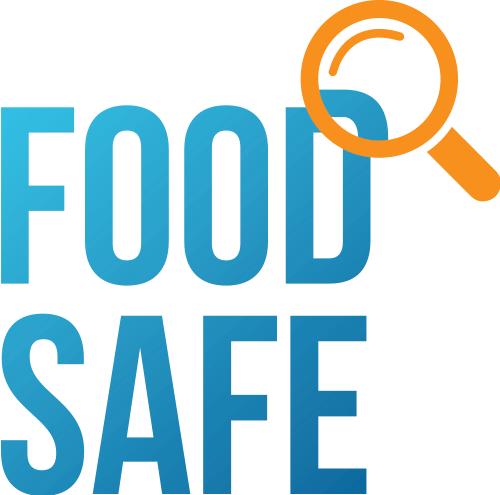Product Safety in the Dairy Sector
The dairy industry in New Zealand is a high-compliance sector and one that has attracted increased media attention in the recent past.
Here are some key questions answered:
What are some of the legislation and requirements that cover dairy companies in New Zealand?
Animal Products (Dairy) Regulations 2005 requires Registered Risk Management Programmes (RMPs) for dairy sites.
Who is it administered by?
Ministry of Primary Industries (MPI), with assistance from Recognised Agencies (RAs).
What is the definition of safe dairy product?
Under the Animals Products Act: Dairy material and dairy product must be fit for intended purpose.
Must be safe from (as appropriate):
- Risks from hazards to animal or human health
- Risks from false or misleading labelling; and
- Risks to the wholesomeness of dairy material or dairy product
How does regulation take effect?
- Acts & Regulations (set mandatory requirements – what is required)
- Specifications & Approved Criteria (clarify requirements and how to meet them)
- Site RMPs & procedures (detail what is to be done at site level to meet the requirements)
How does the Animals Products Act (APA) model work?
Ministry of Primary Industries (MPI):
- Administers the legislation
- Registers RMPs
- Monitors compliance (via RAs) of RMPs
- Issues Product Export Certificates
- Develops Industry Specifications & Approved Criteria
Recognised Agencies (RAs):
- Evaluates/verifies particular aspects of product safety e.g. RMPs
Dairy sites:
- Are responsible for product safety
- Must report to MPI (RAs) – monthly
- Must report to MPI (RAs) – within 24 hrs for exceptions i.e. nonconforming dairy product or a critical non-compliance of the RMP
- Must have internal and external auditing to ensure compliance of the RMP
What does a Risk Management Programme (RMP) on a dairy site consist of?
RMPs include pre-requisite programmes for:
- Environmental pathogens surveillance
- Factory inspection
- Rodent and pest control
- Pathogen surveillance
- Inwards goods inspection and testing
- Final product inspection and testing
- Hygiene standards
- Staff Training
- Employee health Customer complaints
In addition, RMPs include Hazard Analysis Critical Control Point (HACCP) Plans for Control of Critical Control Points (CCPs) and Quality Control Points through the entire operation.
To stay up-to-date with industry requirements and for comprehensive training that meets quality and product safety needs contact us on 0800 003 097.





